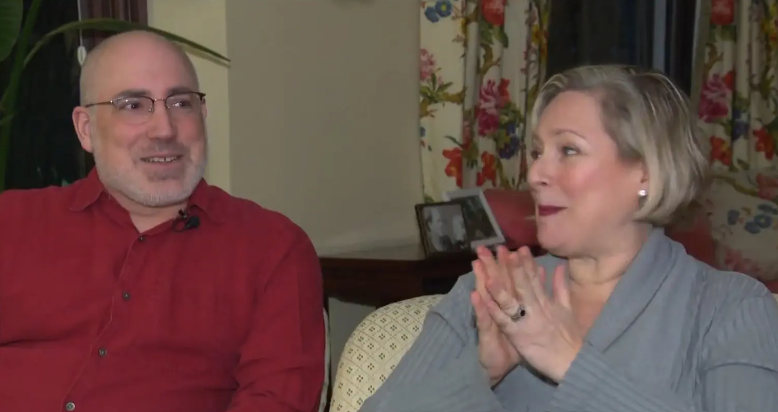Chris and Jessica Stokes, a couple from Brookline, Massachusetts, volunteered to shelter a family of four migrants; their guests arrived at their door within the hour. The couple had seen the harsh conditions migrants were being forced to live in, particularly the hundreds forced to sleep at Logan Airport.
In the face of a deepening migrant crisis in the Northeast, the Stokes serve as a poignant example of human decency, empathy, and kindness–but also an illustration of the impossible situation affecting the nation. The circumstances surrounding migrants are mirrored in New York, where a lack of public funding has tied the hands of local governance to deal with the crisis properly.
The Stokes’ welcoming of an entire family of undocumented immigrants into their home coincides with Boston City Councilwoman Julia Mejia’s appeal to the greater Boston area to open their doors to immigrants.
“Cities and towns that have so much more resources than the city of Boston. … I think everybody needs to start opening up their doors because this is a shared responsibility,” Mejia said.
Massachusetts, grappling with a burgeoning number of migrants, has seen its shelters, including a new 400-person facility in Roxbury, reach capacity alarmingly quickly. Governor Maura Healey’s declaration of a state of emergency and the mobilization of the Massachusetts National Guard highlight the dire need for additional support and resources. The Stokes family’s story is a glimpse into a larger narrative of community solidarity emerging in response to governmental and infrastructural inadequacies.
“The need is so clearly overwhelming,” Colin Stokes added. “It boggles the mind that there are so many hundreds of those stories and those people who are in such a stressful, traumatic transition.”
The Stokes’ guests, a testament to the human side of this crisis, are navigating the challenges of integration, from enrolling children in school to securing work authorization. This situation mirrors the broader systemic issues complicating migrant support across the country, emphasizing the need for comprehensive solutions.
As Boston and other cities face similar predicaments, the call for shared responsibility and increased community involvement becomes ever more critical. The Stokes’ initiative, born from witnessing the immediate needs of migrants, highlights a broader, commendable drive among citizens to assist where formal structures falter. This grassroots approach to a humanitarian crisis not only alleviates immediate hardships but also fosters a sense of collective duty and compassion amidst challenging circumstances.












